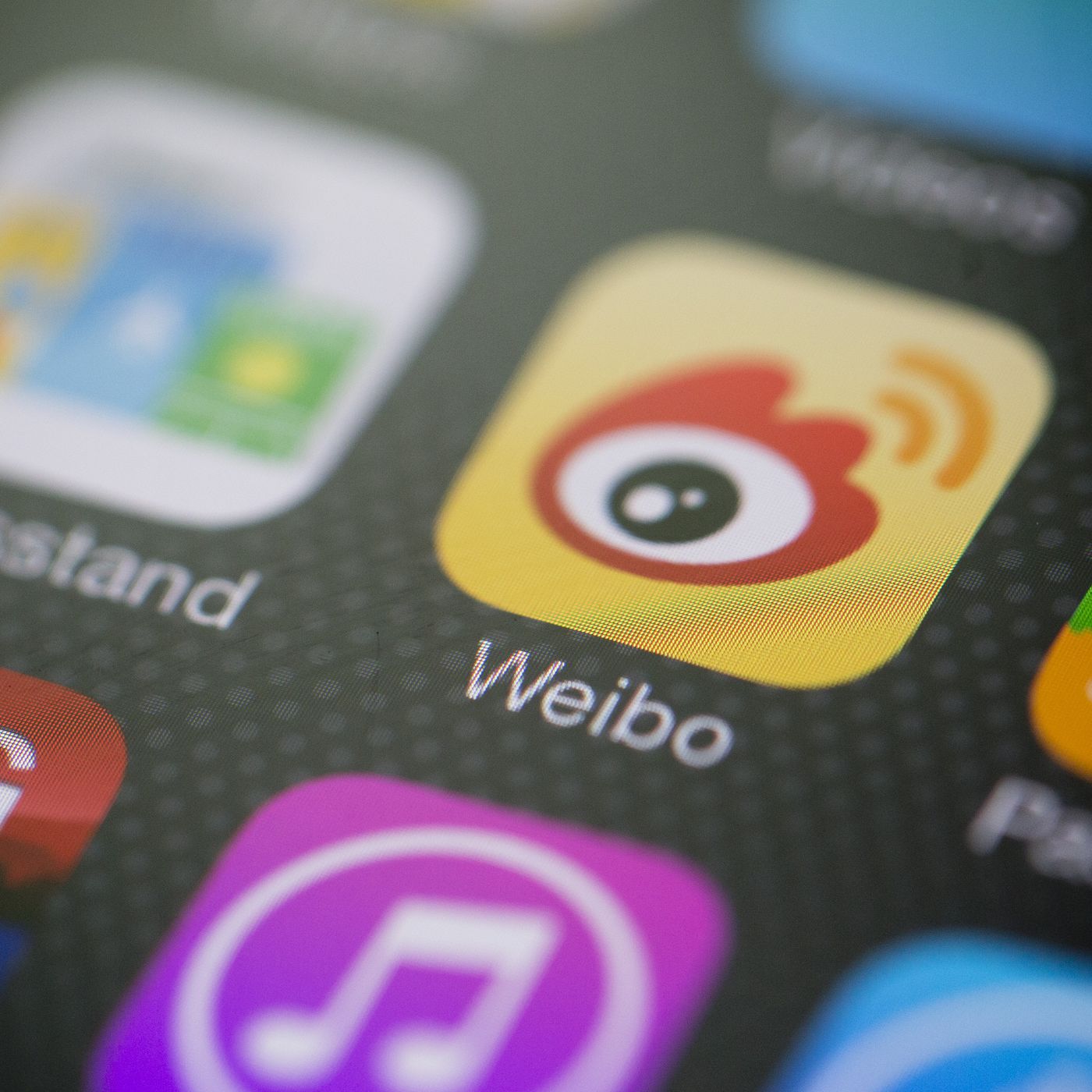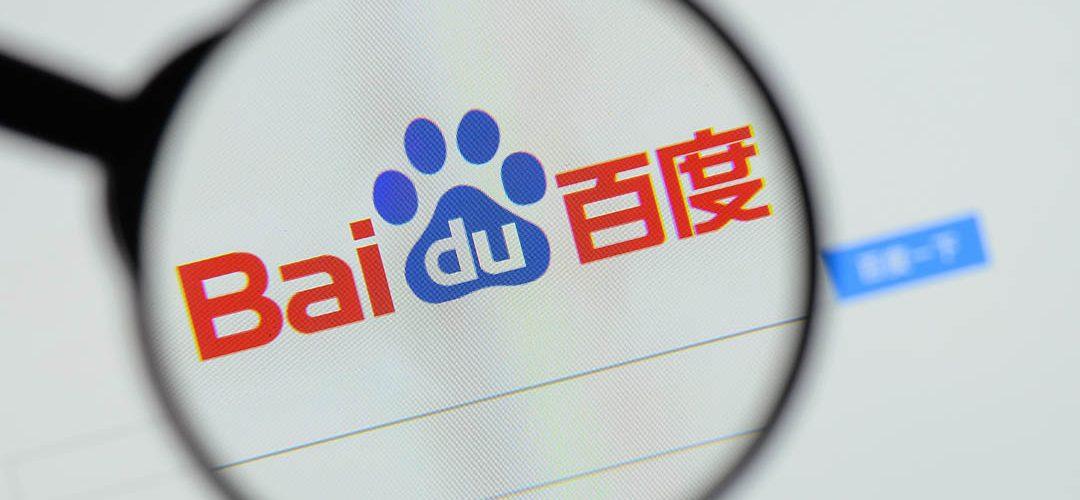The ban on microblogging website Weibo and Chinese search engine Baidu Search by the Government of India is yet another step towards securing the privacy of the Indian users and their data. Weibo and Baidu search are the alternatives to Twitter and Google in mainland China.
It is to be noted that the Weibo and Baidu’s Baidu maps and Baidu translate were already present in the list that constituted of the banned apps that were released on the 29th of June. Baidu’s search officially made its entry to the list on the 4th of August.
Following the territorial tension between India and China in the month of June in the Galwan Valley of Ladakh, the Government decided to ban 59 Chinese apps on the 29th of June, stating that the apps were “engaging in activities prejudicial to the sovereignty, integrity, and defense of India.”
Tiktok, UC Browser, Shein, Club factory, WeChat, Clash of Kings, Likee were some of the apps that made to the ban list. These apps were used in India extensively and had millions of users whose data and privacy were at risk.
A month later, on the 27th of July, the government had banned 47 more apps, which were the likes of the formerly banned apps.
The ban on Baidu Search and Weibo is expected to be reflected in the way of removal from the Google play store and the Apple app store in the Indian Territory. Internet service providers have also been asked to block these apps from being used.

Weibo was launched in the year 2009 by the Sina Corporation, which has around 500 million active users globally. Indian prime minister honorable Mr. Narendra Modi created a handle in the microblogging site Weibo in the year 2015 ahead of his visit to China.
His handle had a following of over two lakhs and around 115 posts that were made since he had joined the platform. Following the escalated tensions between the two countries in the month of June, he had quit Weibo.

On the other hand, Baidu Inc is a Chinese tech giant founded in the year 2000 which provides various internet related services. On his first-ever visit to India, Baidu founder, Robin Li had expressed his interest in seeking active collaborations for local expertise in areas such as artificial intelligence and mobile computing.
They were just beginning their engagement in the country with their Facemoji keyboard, which was starting to gain prominence in India.
Baidu search and Weibo are assumed to have a number of users from India whose data and privacy are at risk. Thus the ban has been accepted as a welcoming move in protecting the privacy of the Indian users.
With the Information Technology Minister Mr. Ravi Prasad calling it a digital strike against China, it is also expected that the government has plans to ban more Chinese apps that pose as a threat to the nation’s security. With over 275 more Chinese apps under review, it seems that the government is beginning to work on minimizing the presence of China in India even digitally.
With the removal of these apps in India, it is expected that the Indian made apps will be entertaining and attracting the audience of the banned apps leading to the growth of homegrown apps.
Click here to read more about the banned 59 Chinese apps.
